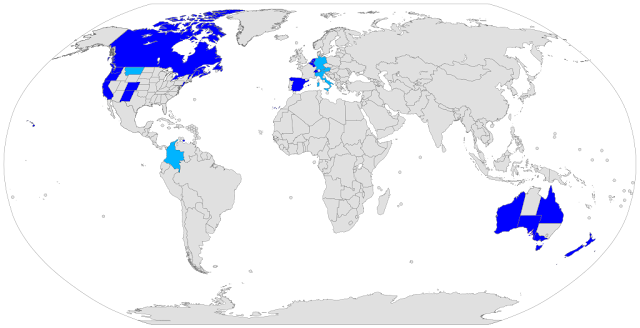How do our brains handle grief? TED talk
I found it to be helpful for myself and others to think about and to distinguish between grief and grieving. Then as I did that, came to find that other people found it useful as well. Grief really is that feeling that you have, the sort of intensity that just overwhelms you, and that sort of momentary experience. Grieving, on the other hand, is the way that grief changes over time without ever actually going away.
In my blog I am writing about the different aspects ...
- What makes someone more or less resilient in the face of loss?
- How is grief related to depression and what is the difference?
- Is there an effective way to deal with grief?
- How can we best support people when they are grieving?
Or did you already asked yourself ...
- Why does it take so long to learn our loved one is really gone and what does this mean for our own lives?
- How do our brains handle grief?
Mary-Frances O’Connor ponders these questions in the following TED talk. Mary-Frances O’Connor, PhD is an associate professor of psychology at the University of Arizona, and author of The Grieving Brain: The Surprising Science of How We Learn from Love and Loss. She directs the Grief, Loss and Social Stress (GLASS) Lab, which investigates the effects of grief on the brain and the body. O’Connor earned a doctorate from the University of Arizona in 2004 and completed a fellowship at UCLA.






I am looking forward to your comments - even I will not publish comments. I will read and reply if needed and possible.
ReplyDelete